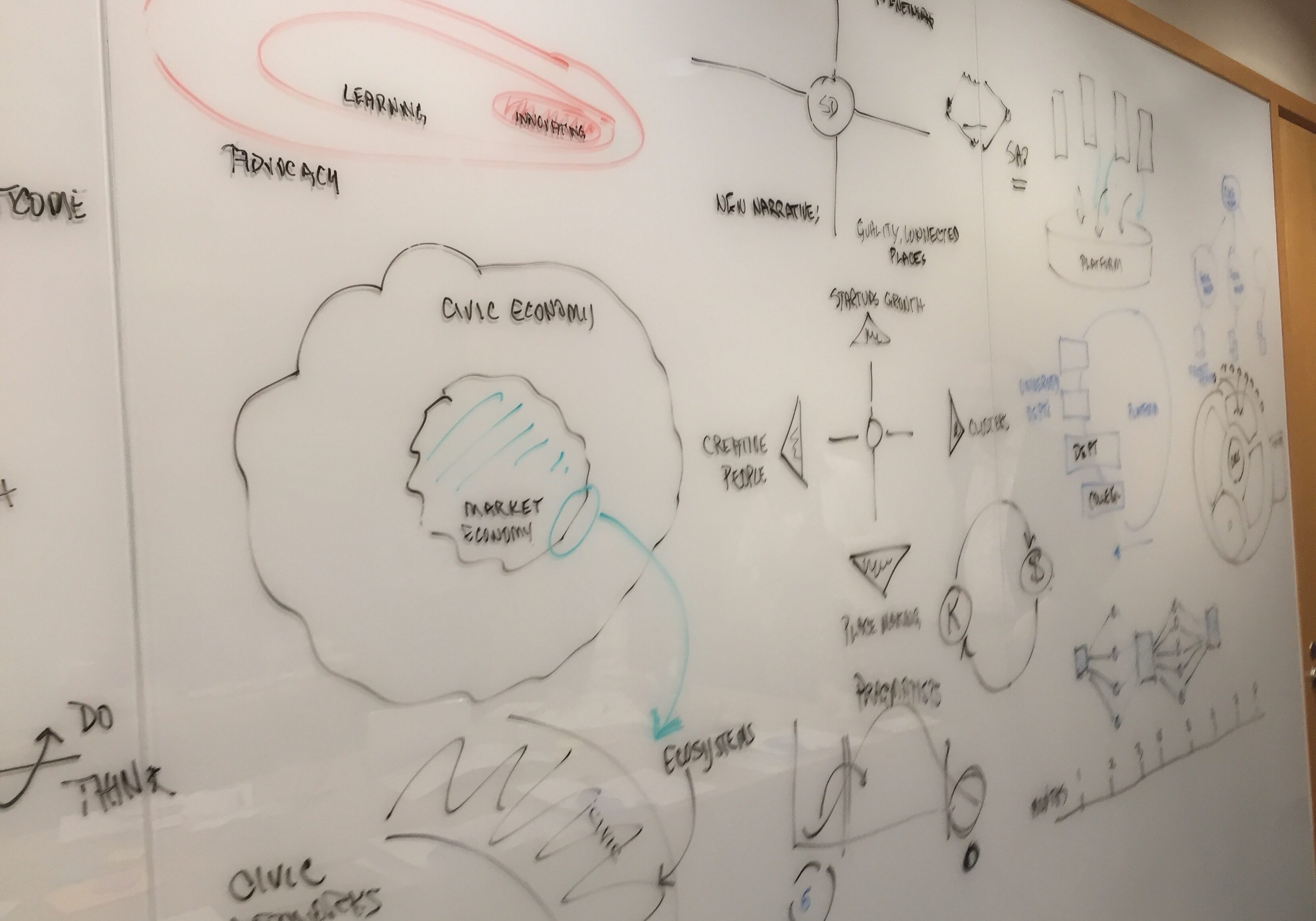
What is Adaptive Management?
Adaptive management (AM) is a collaborative approach to choice-making that emphasizes flexibility, continuous learning, and adjustment in response to new information and changing conditions. Primarily used in managing complex environments, it operates through a cyclical process of planning, action (doing), learning, and adjustment. This method contrasts traditional management by adopting a design-do philosophy, where continual evaluation and adjustments are made to align actions with goals, and uncertainty is embraced as part of the choice-making process.
AM is often discussed in relation to its similarity to agile leadership due to their shared emphasis on adaptability and team work. It’s recognized for its approach to complexity management by integrating tools and mindsets that support successful strategy formulation and execution under complex conditions. Originating from efforts to manage natural environments sustainably, AM has evolved to include broader stakeholder participation and is scrutinized for its application in various domains.


Who is it for?
- Leaders and Executives: Specifically those who are navigating unknown territories ("don't know how” challenges), willing to experiment, and are involved in high-stakes environments. This group also includes C-suite executives who are transitioning towards ecosystem-based business models and leaders seeking to implement rapid responses to changing conditions.
- Organizations and Institutions: Encompassing both public and private sectors, these entities face complex challenges that are non-technical in nature. They are characterized by their need to collaborate with diverse and challenging stakeholders to achieve common goals. This group includes businesses, non-governmental organizations (NGOs), government bodies, clusters, and any organization that requires collaboration across loosely connected networks.
- Educational and Research Institutions: Business school faculty and other academic leaders who are interested in researching and teaching adaptive management practices. These stakeholders are engaged in learning and applying team-based disciplines tailored to adaptive challenges.
- Fields and Environments Requiring Data and Collaboration: Adaptive management is particularly applicable in fields where there is ample, trackable data and where networks of experts and decision-makers converge. This is relevant in managing natural environments or related geographical processes, and wherever quality data is available to create, test, and assess performance models.
What are the benefits of adopting AM?
- Organizational Agility and Sustainability: AM enhances an organization's ability to adapt quickly to changes, ensuring longevity ("staying in the game") and increasing the likelihood of sustainability and profitability. It promotes a proactive approach to recognizing and adapting to changing circumstances.
- Improved Collaboration and Communication: It fosters a common language within an organization, which facilitates better communication and collaboration across different departments and external organizations. This common framework helps in breaking down silos and enhancing organizational coherence.
- Enhanced Decision-Making and Innovation: AM contributes to better decision-making by utilizing diverse perspectives and experiences. This inclusive approach not only speeds up innovation but also makes it more robust and applicable across larger scales. The process itself is designed to encourage exponential learning and continuous improvement.
- Skill Development and Problem Solving: By equipping more people with the tools and skills to address complex issues, AM increases the chances of solving significant societal and organizational problems. It also supports the development of institutions and spaces dedicated to collaborative problem-solving.
- Academic and Educational Relevance: For educational institutions like business schools, AM aligns curriculum and research with the real dynamics of economies and societies. It promotes problem-based learning across disciplines and supports action research, making academic pursuits more relevant and impactful.
- Leadership and Cultural Development: AM aids in the development of wise leadership that can apply sound judgment to action, enhancing the productivity of existing assets through a rigorous, ongoing management process that includes innovation, learning, and adaptation. It also helps in creating a shared visual vocabulary that enhances understanding and strategic implementation across teams.
How is the Strategic Doing Institute planning to bring AM to life? What can be expected in the coming months?
- Design Do Lab to provide undergraduate/graduate courses and workshops on AM. This could involve a top B-school to create a pilot course.
- Write an academic paper about the new discipline
- Create Case Studies for Exec Ed course taught thru B-school
- Fusion Festival
- Create our own online school of Adaptive Management
- Create a Challenge-centric program/workshop

Who is behind this program?

Kate Moreland

Bradford Beach

Julio Prado

Jo’Anne Langham

Kim Mitchell

Tim Franklin

Doug Barrett

Terri Macdonald

Sam Cordes

Robert Parker

Peggy Hosea

Lauren Goldstein

Josh Bruce

Joe Fratesi

Jennifer Hawkins

Robert Brown

Kathy Opp

Doug Dunston

Ruth Ellen Calhoun Whitt

Ubaldo Cordova

Thomas Banta

Rena Cotsones

Jennifer Hunter

Jennifer Horn-Frasier

Liz Nilsen

Aniko Drlik-Muehleck

Brian Kolenich

Mary Marshall VanSant

Mike Van Ter Sluis

Reinder Schonewille

Jacco Dros

Jeff Agnoli

Titus Tomlinson

Janet Holston

Jim Woodell

Scott Hutcheson

Nancy Franklin

Michon Hicks

Darshini Render

Janyce Fadden
